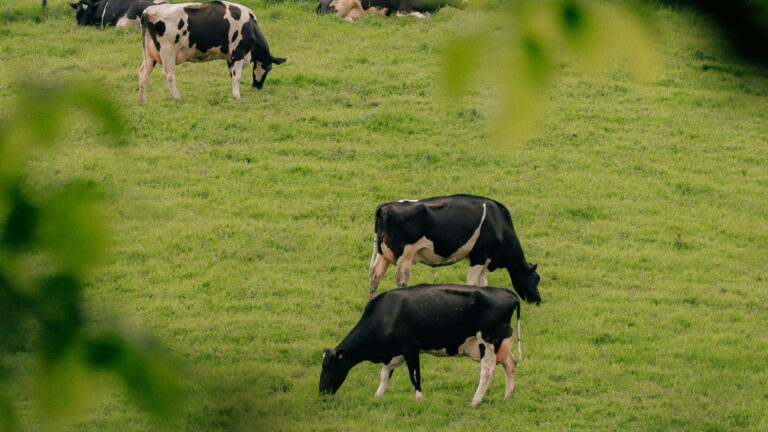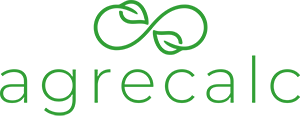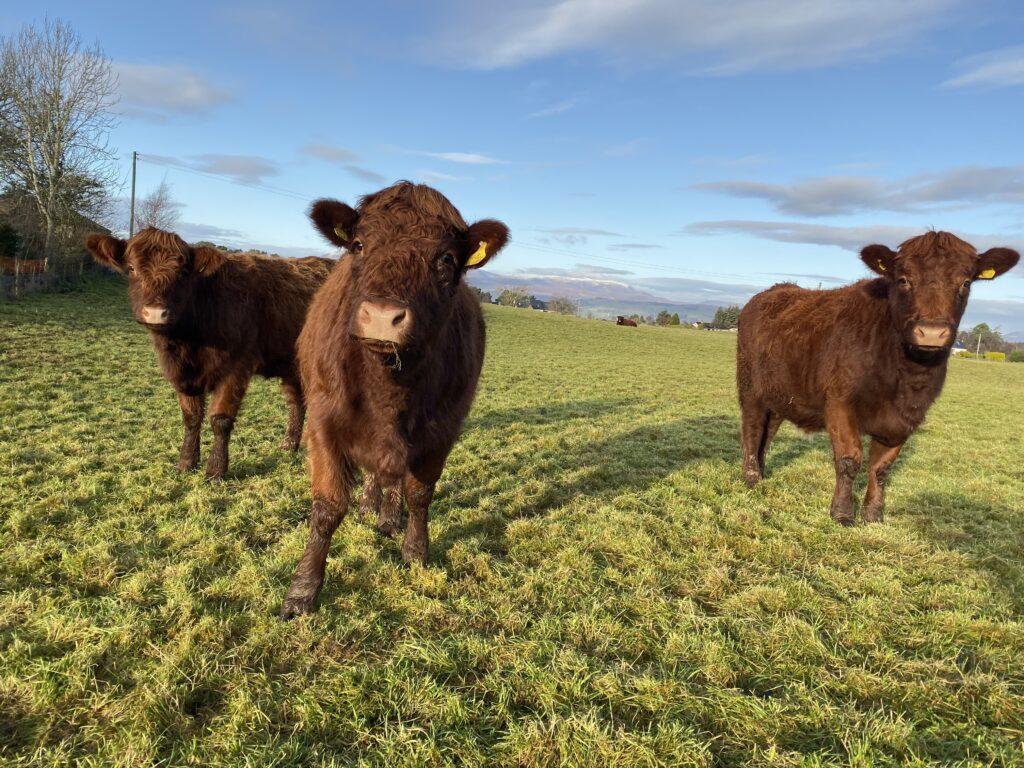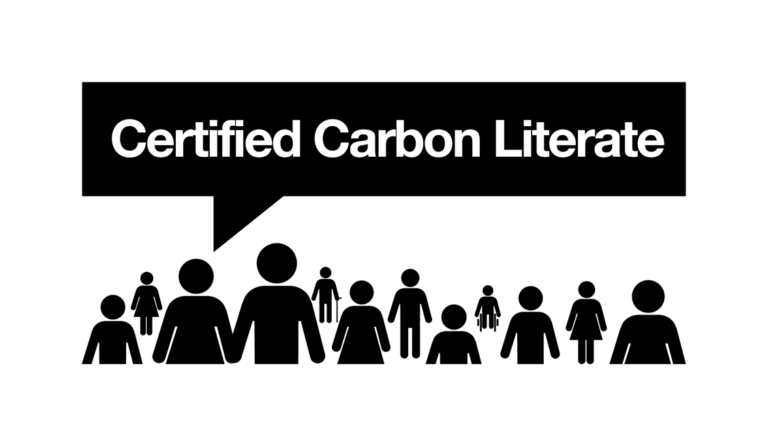
Ffermio interview statement
As part of our commitment in supporting farmers improve their efficiencies, Agrecalc featured recently in an episode of the Welsh farming programme, Ffermio. In this episode, an oversimplified statement challenged the results of our soil test carbon module which resulted in a net zero position for a farm featured in a previous episode. This article clarifies our position.



